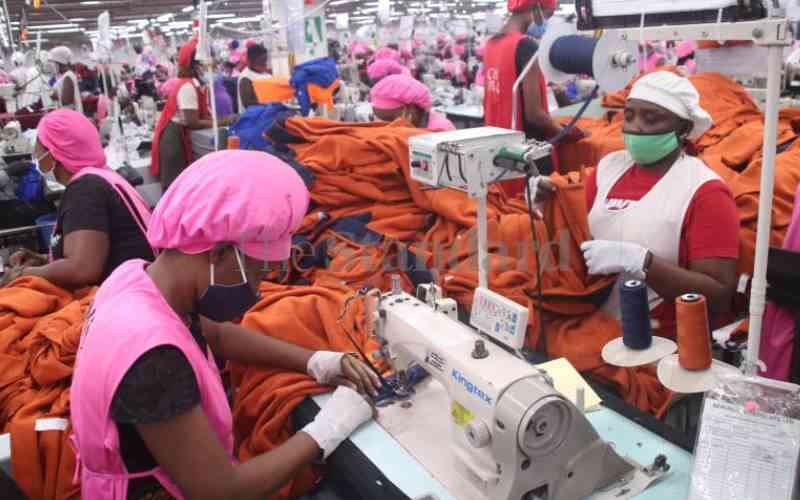
Manufacturers have petitioned Parliament to address the high taxes imposed on industry, saying the costs are unsustainable.
The Kenya Association of Manufacturers (KAM) last week said the taxes are taking up to 55 per cent of their income, which has impacted the sector negatively.
In a meeting with the Committee on Trade, Industry and Co-operatives on the country’s business climate, KAM Chief Executive Anthony Mwangi said the pressing need for government intervention is to decrease the burden on manufacturers by reducing electricity costs.
“We need to improve the reliability of electricity supply, and implement measures to ease access to credit for small and medium-sized enterprises,” he said.
The escalating cost of energy has exacerbated the industry’s woes, with a 75.5 per cent increase observed from January 2023 to January 2024.
The high cost has been attributed to various factors, including expensive Purchase Power Agreements (PPAs), high cost of fuel, and multiple taxes and levies imposed on electricity bills such as forex, value-added tax (VAT) and the fuel cost adjustment.
The Energy and Petroleum Regulatory Authority (Epra) increased the cost of electricity in April last year, narrowing the subsidised lifeline band targeted at the low-income segment while increasing prices across all consumer categories.
This came in tandem with increased fuel costs following the doubling of VAT on petroleum products from eight to 16 per cent at the beginning of the current financial year.
The tax has had significant impact on manufacturers’ costs as diesel and fuel oil are key components in the production process for many companies.
It also increased the cost of electricity supplied by independent power producers that use thermal generators.
Concerns have risen over Kenya’s business environment, with increasing unemployment among the youth.
The government is largely blamed for its policies and high taxes that have made the business environment difficult, resulting in some companies scaling down operations while others are shutting down.
During the meeting, KAM also claimed there was preferential treatment of some sectors, which would eventually undermine competitiveness and lead to extensive job losses.
The parliamentary committee promised to work closely with industry stakeholders to formulate policies that will foster an environment conducive to growth and prosperity for the manufacturing sector and create effective solutions.
“We’ve heard your complaints, and we promise to fix the problem of treating some sectors better than others.
“We’ll work closely with industry groups to make things fair for everyone,” said the committee’s chairman James Gakuya.